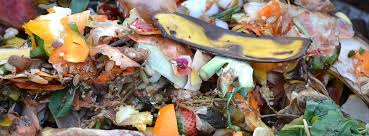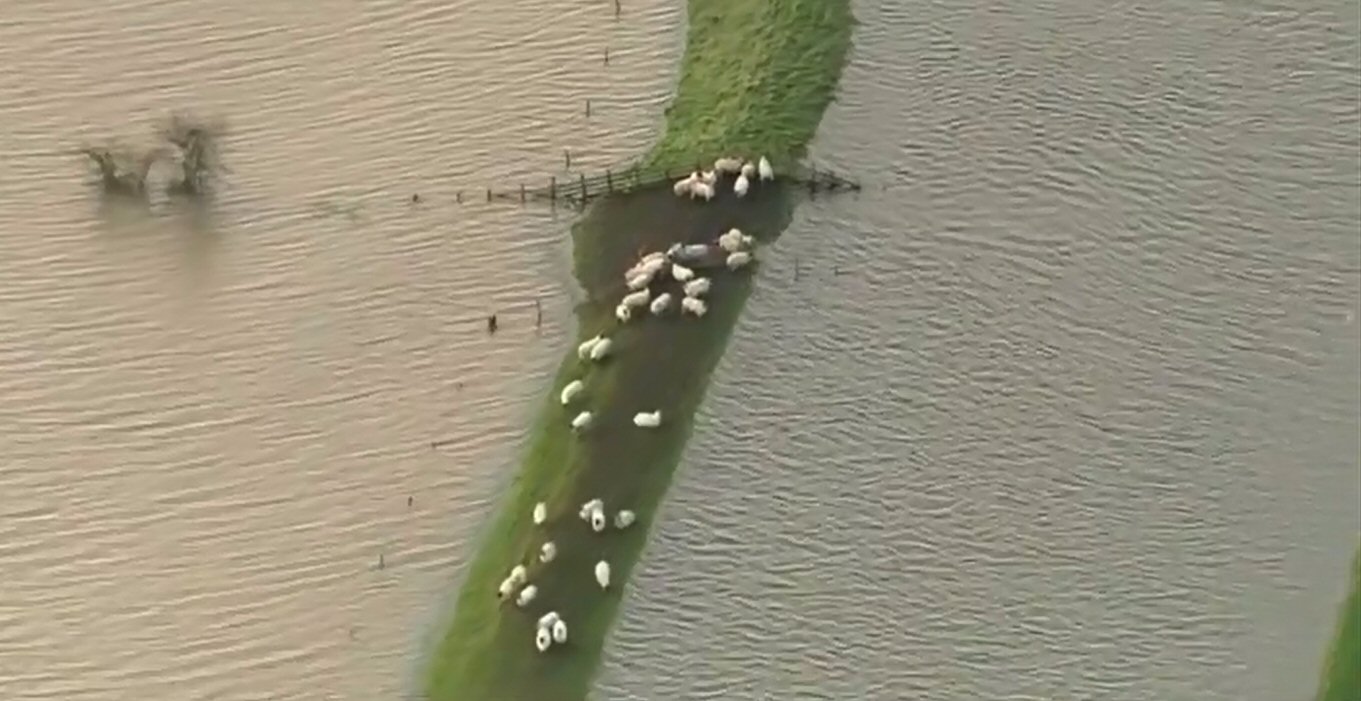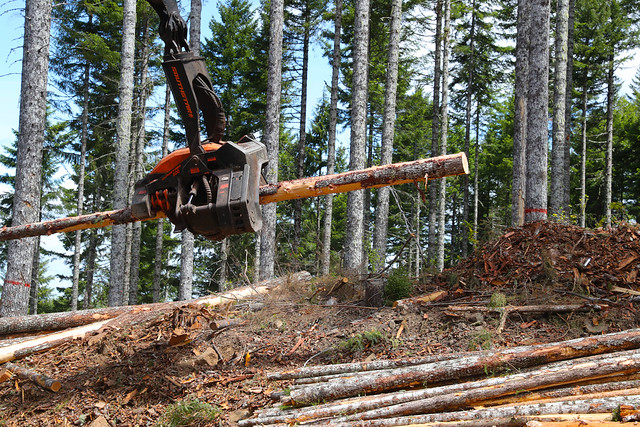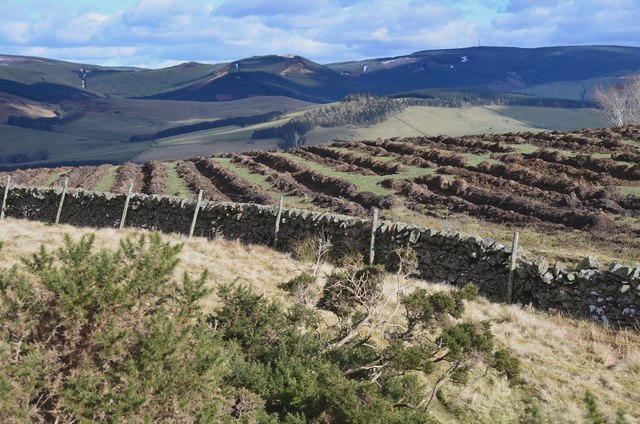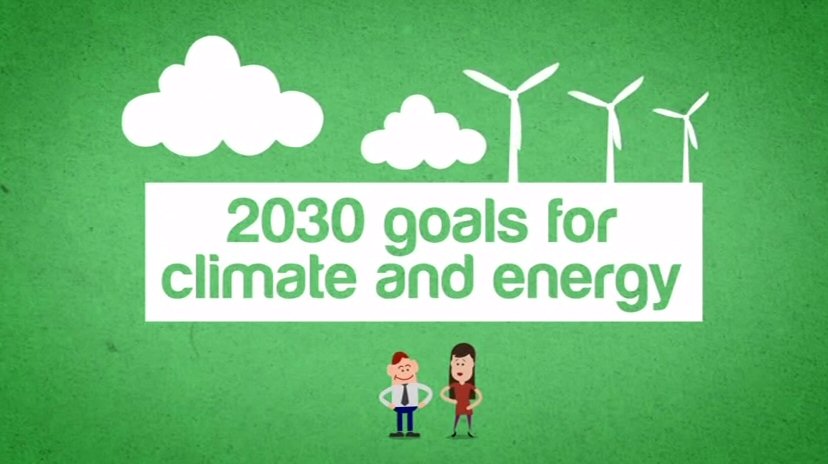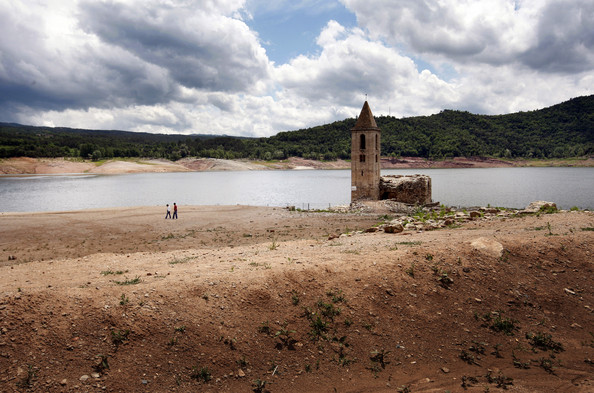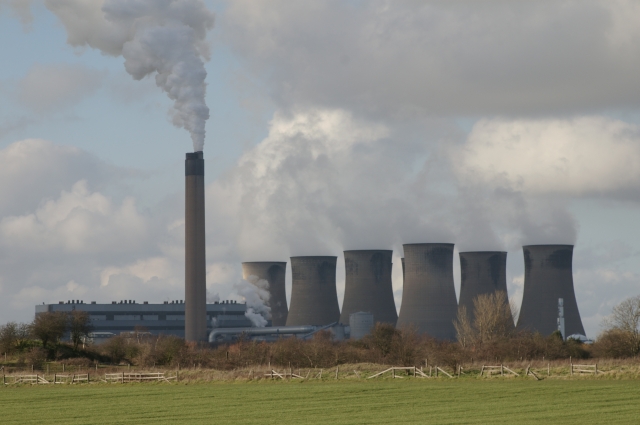The Commission published its Communication on the European Green Deal in mid-December 2019. Previously flagged in Commission President von der Leyen’s Political Guidelines for the new Commission, it defines the key political objectives of the new Commission for the next five years.
The headline commitment is to make Europe the first climate-neutral continent by 2050 (while conflating the EU with Europe may seem like over-reach by the Commission, it should be remembered that other European countries, most recently Switzerland, either participate in or are linked to the EU Emissions Trading Scheme and the UK government’s preference is that it will remain associated after Brexit).… Read the rest

